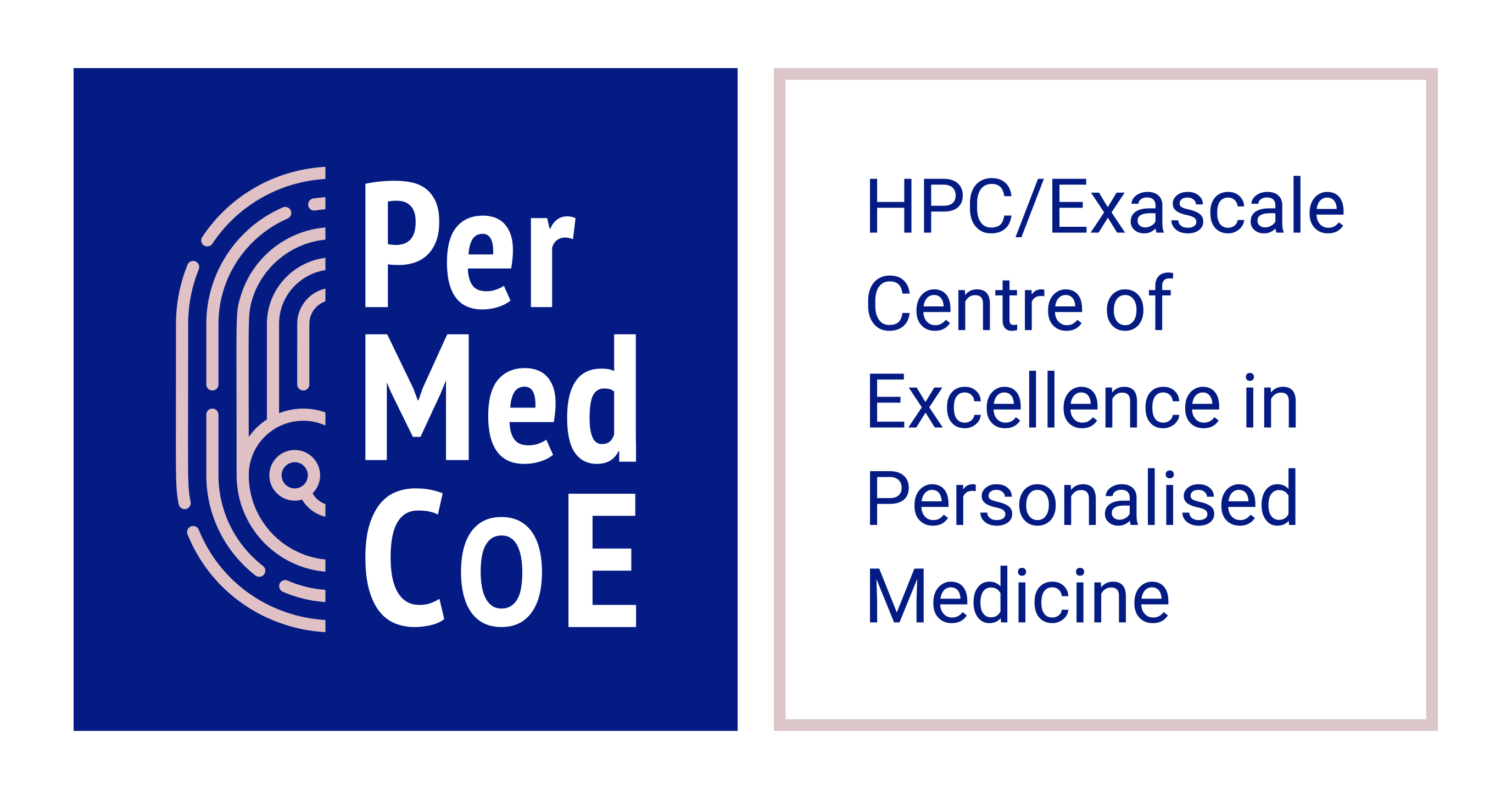Training materials
-
Learning pathway
Version control with Git
 •• intermediateSoftware engineering Open science Version control
•• intermediateSoftware engineering Open science Version control -
Video
FAIR software tools
 • beginnerSoftware engineering FAIR software tools Software
• beginnerSoftware engineering FAIR software tools Software -
Video
Making cohort data FAIR
 • beginnerData integration and warehousing Data management FAIR data Cohort data Ontologies Standards
• beginnerData integration and warehousing Data management FAIR data Cohort data Ontologies Standards -
Video
Introduction to FAIR principles - Open science through FAIR health data networks: dream or reality?
 • beginnerData management FAIR data Health data Open science
• beginnerData management FAIR data Health data Open science -
Video
Data Gravity in the Life Sciences: Lessons learned from the HCA and other federated data projects
 •• intermediateData architecture, analysis and design Cloud computing Data analysis Standards Translational research
•• intermediateData architecture, analysis and design Cloud computing Data analysis Standards Translational research -
Video
Status Update Code of Conduct: Teaming up & Talking about it
 •• intermediateGDPR Healthcare research data harmonization
•• intermediateGDPR Healthcare research data harmonization -
Informatics and Statistics for Metabolomics 2018 Module 6-Future of Metabolomics
-
Informatics and Statistics for Metabolomics 2018 Module 3-Databases for Chemical, Spectral, and Biological Data
-
Informatics and Statistics for Metabolomics 2018 Module 2-Metabolite Identification and Annotation
-
Informatics and Statistics for Metabolomics 2018 Module 1-Introduction to Metabolomics
- 1
- 2